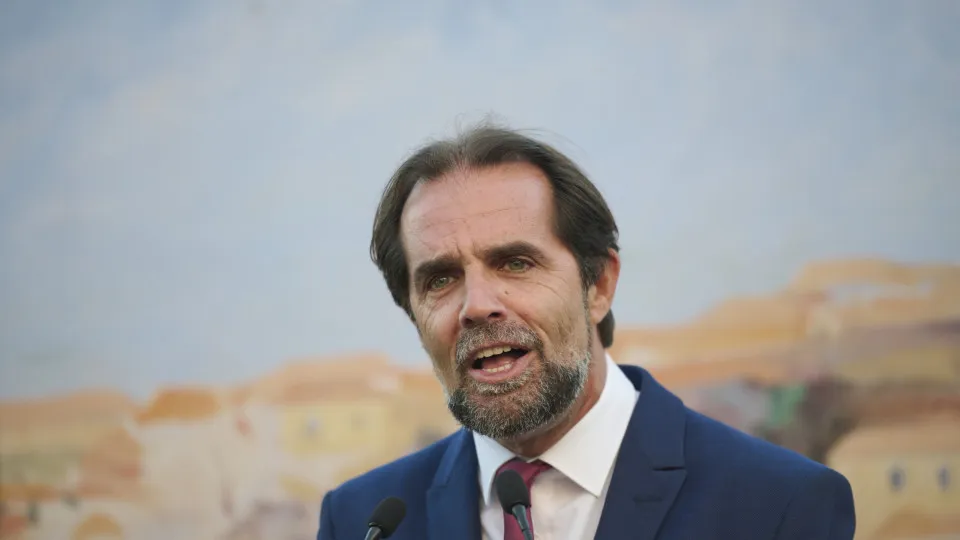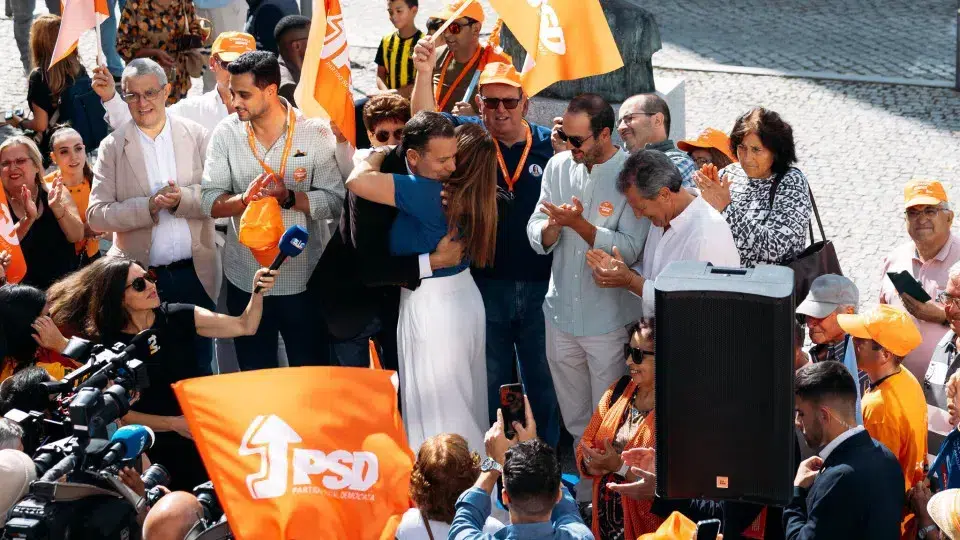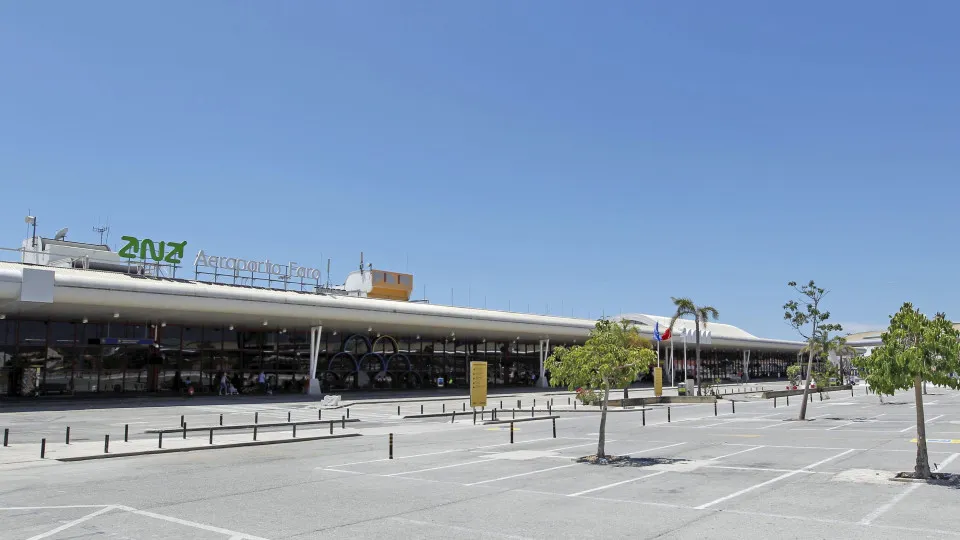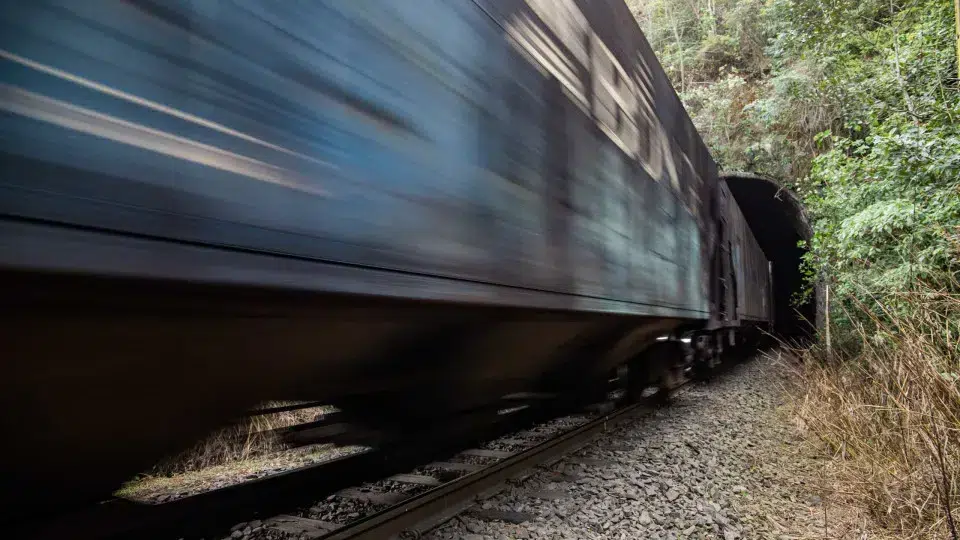
“The focus of Madeira is not on quantity, but on quality,” stated Miguel Albuquerque to journalists at the sidelines of a ceremony for awarding tourism merit medals to around 30 personalities and entities from the archipelago.
The head of the Madeira executive emphasized that the region is undergoing “a process of reorganization of this industry [tourism, one of the main economic activities of Madeira]” and is undertaking “all efforts to prevent excessive pressure on the most sensitive areas from an ecosystem point of view.”
“In terms of the industry itself, we want to continue improving services, accommodation, and catering to gain added value and not just quantity,” he highlighted.
The island’s leader assured that the archipelago, in terms of tourism and “quantity, at this moment, is very satisfied,” noting that with “the new hotel units that will emerge, many of them already urban hotels, Madeira will not reach the limit of the POT (Tourism Planning Plan).”
Albuquerque also announced his participation, on October 30, in a Council of Ministers meeting, alongside the president of the Azores Regional Government, to address regional issues, stressing the need “to make changes” to the Regional Finance Law.
“If we don’t make this change, Madeira will always be penalized under the current framework of the Regional Finance Law (…) for having economic growth and low debt,” he underlined.
Albuquerque argued that “this idea of linking the costs of the Cohesion Fund and the insularity costs to GDP (Gross Domestic Product) growth is wrong” because as the region “develops, it becomes penalized.”
According to the Madeiran leader, “the structural issues of the outermost regions and insularity remain,” emphasizing that this law “must be amended to ensure equity and that the state assumes constitutionally the additional costs in education, health, the social area, transport, mobility, energy, and civil protection.”
The regional social-democratic leader indicated that there is “willingness” from the PSD to make this legislative change, which “was assumed by the prime minister,” Luís Montenegro, during his visit to Madeira for the party’s annual event at Chão da Lagoa in July.
“At this moment, what we need is to have the legislative initiative and then, in the Assembly of the Republic, we will see which parties with national and regional representation are in favor of the regions and which are not,” he stressed.
Regarding the ceremony for awarding tourism merit medals, he highlighted that it is “first, a transversal recognition that tourism, as a robust industry in Madeira, depends on all sectors and all social and labor activities.”
“Tourism is an ecosystem that involves the entire community. Here we recognize the direct and indirect contribution of a group of personalities and institutions that enhance our sustainability and tourist attractiveness,” he reinforced, mentioning that individuals and entities were recognized for “working in levadas, forests, built and movable heritage, who have significant work in hotel accommodation and catering.”




